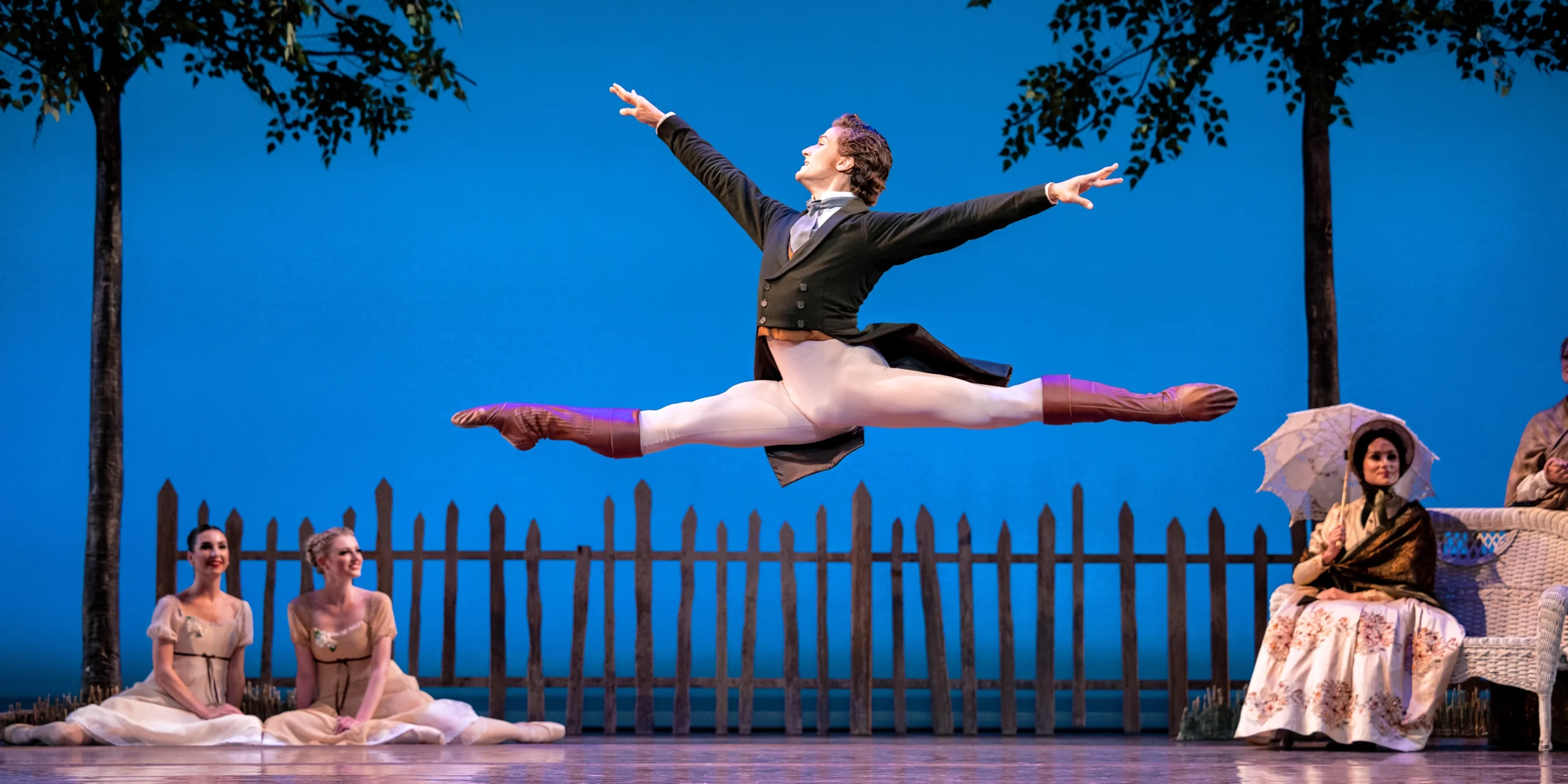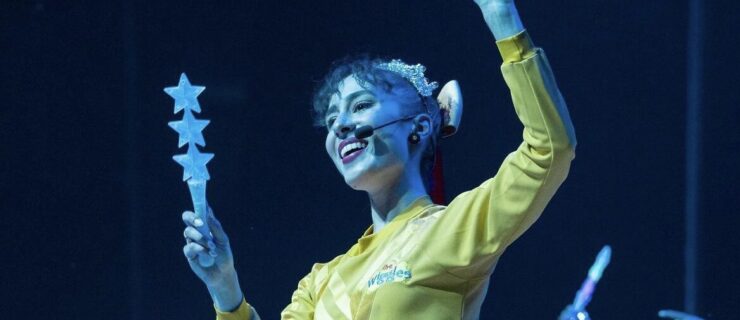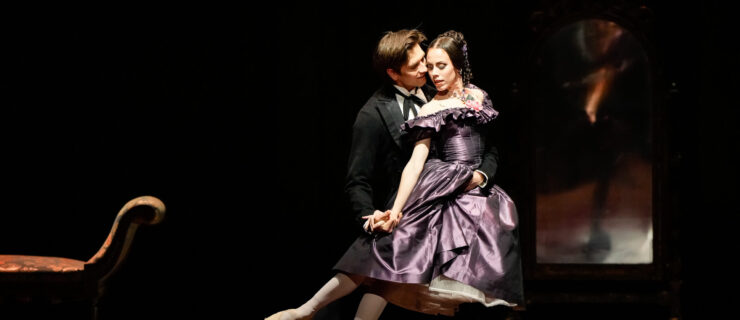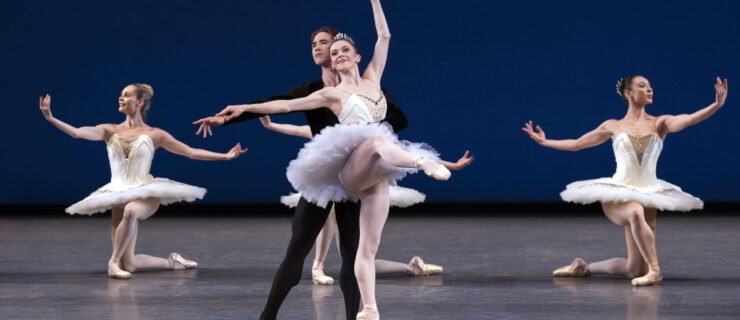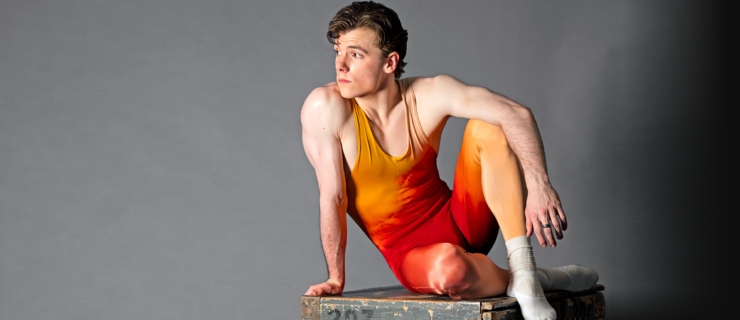Finding Freedom: Ballet West’s Jordan Veit Is Always Pushing for More
Having risen steadily through the ranks since 2012, Ballet West principal Jordan Veit stands out with his exquisite lines and a princely demeanor onstage. Regardless of how far he’s come, he constantly pushes for more, chasing after the feeling of total fearlessness that he so greatly admires in artists around him.
How did you initially start dancing?
My parents were season ticket holders at Pacific Northwest Ballet, but I wasn’t super-interested in it. Then they took me to an outdoor performance and expected me to get bored. Instead, I just loved it—I stayed glued to the stage.
An outreach program from Pacific Northwest Ballet School called Discover Dance came to my school. They teach the basics of ballet and then the students put together a little recital. I did it for two years starting in fourth grade. After the first year, the teacher told my parents I seemed interested, and I started classes at PNB School.
Your wife is former Utah Metropolitan Ballet principal Jennifer Christie Veit. What is that like, being married to a fellow dancer?
We have the unusual experience that we never danced at the same company. It’s really nice that we could talk about our day and, without living the same day, still completely understand everything that’s happening in the other’s world.
Have you had opportunities to dance together?
A few things, sporadically. We’re not naturally height compatible—she’s a little taller than my typical partners. We did Serenade—she was Waltz Girl and I did Waltz Boy. It was a really magical experience. My favorite moment is when the Waltz Boy first enters through the corps, walking towards the Waltz Girl. How cool was that—walking towards my wife in that moment? It was special.
What do you enjoy more: performing or being in the studio?
I used to prefer the studio. I do my best performances there because I’m so relaxed and comfortable. Sometimes the nerves of being onstage wouldn’t allow me to reach my full potential. However, with increased confidence and by embracing the ephemeral quality of live performance, my preference has changed.
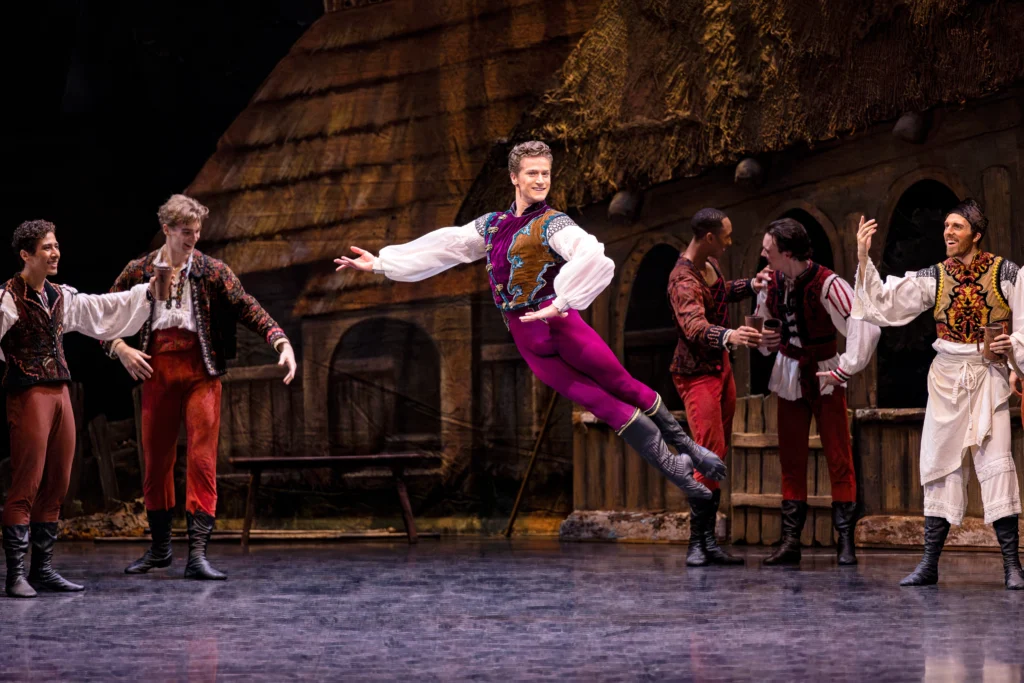
What role taught you the most about yourself as a dancer?
The part of Franklin in Ben Stevenson’s Dracula. It was one of my first leading roles in a full-length. Dominic Walsh staged the ballet and gave us so much freedom. He asked us to think about how each character might relate to us naturally. He told me at one point, “You’re putting way too much into it—just dance and don’t force it.” The audience wants to see you enjoying the role instead of having weird, tense eyebrows because you’re worried about the execution of something.
What has been one of your biggest hurdles as a dancer?
There are so many challenges. A big one has been mentally shifting to being in the present moment instead of thinking about how the performance has been going. When something goes wrong, you don’t stew on it. Instead you’re still right where you are in that show.
Which do you enjoy more—story ballets or neoclassical ballets?
I don’t think I could ever choose—I need both. I have so much attachment to the classics from watching them growing up. But there’s a certain amount of freedom that I experience in the contemporary works, and it pushes me to go even further. I try to take what I learn in a contemporary rep and see how I can apply it to my classical work.
What qualities do you admire most in other dancers?
Fearlessness. My wife was an example of that, for sure. It’s so interesting to hear how she feels onstage versus how I feel—that it is this freeing thing. That’s what I’ve always been chasing, and what I love when I watch.
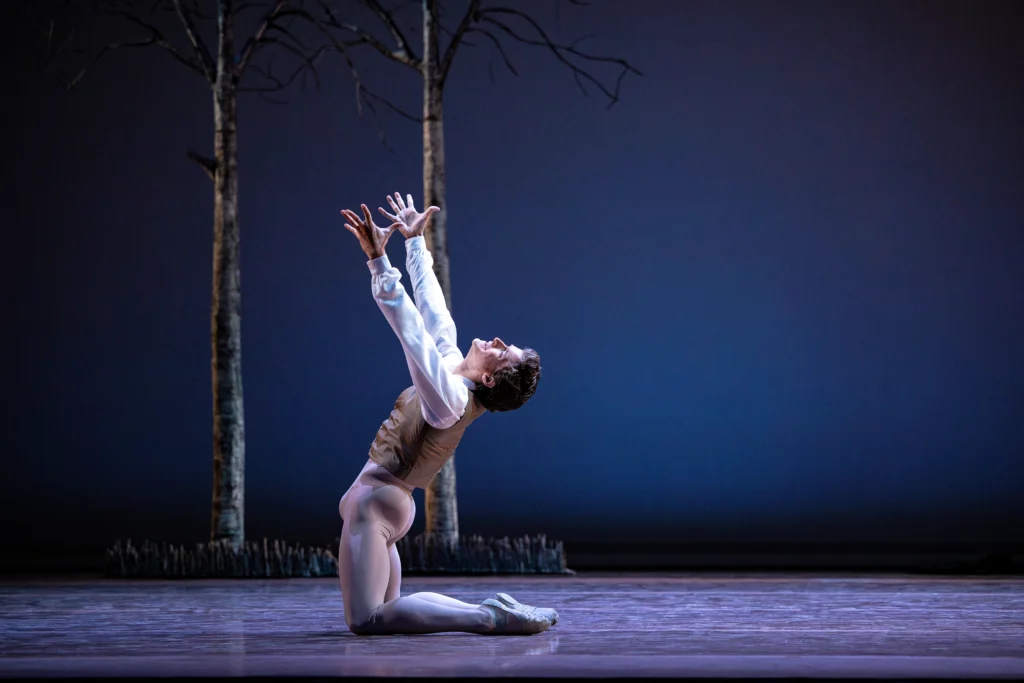
What advice would you have for the next generation wanting to be professional dancers?
Always work as hard as you can. If you give it your all, you won’t regret anything. That’s really helpful later on in your career—to not feel regret or look back. Also, that whatever path you are on is the right one for you. It’s good to set goals, but you need to be flexible. Ultimately, you’re going to end up where you need to be.
What does your ideal day off look like?
Maybe a picnic—I love to be outside. Just me, my wife, and my dog.
